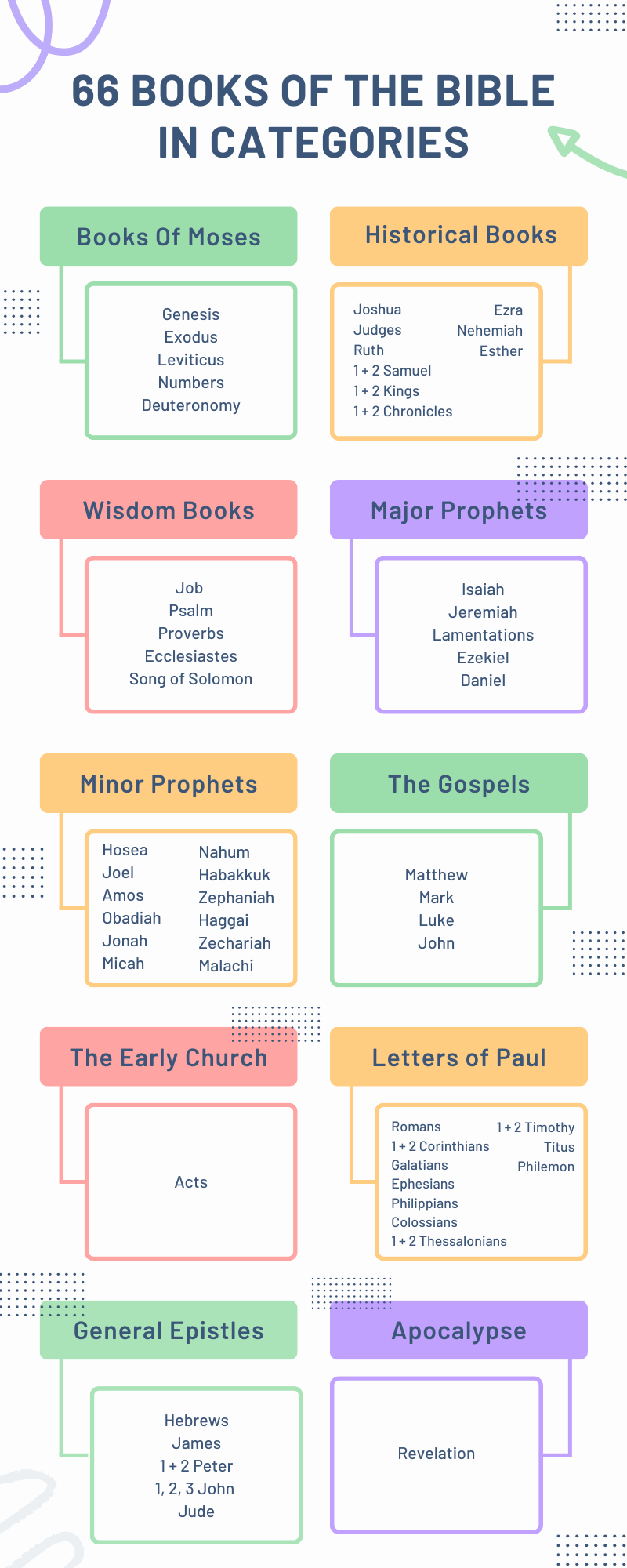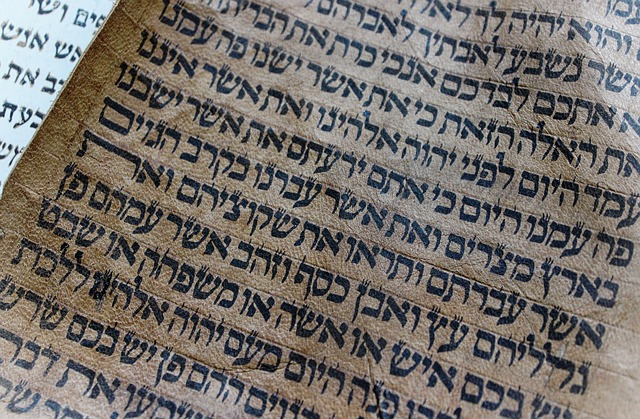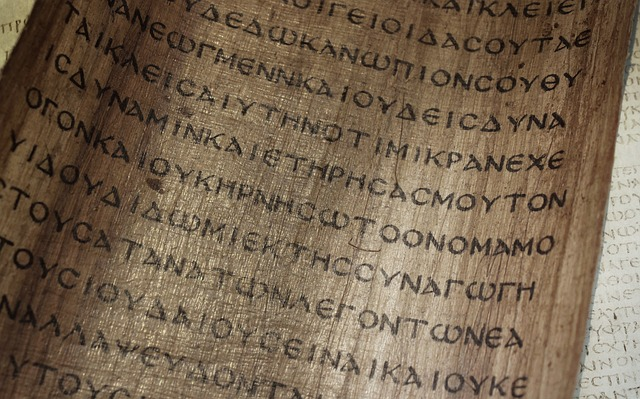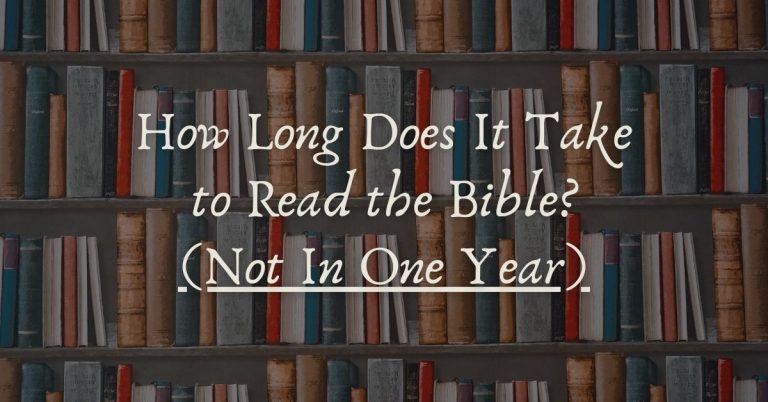66 Books Of The Bible In Order (Easy To Remember)
Do you want to learn and memorize the order of the books from the Protestant Bible?
It may be easier for children growing up in the church to learn the books of the Bible. However, as adults, memorization seems to get harder as we age.
If you have the desire to remember the books of the Bible in order (or not), then I have broken up the books into different categories (or genres).

Old Testament Books

The Books Of Moses, Pentateuch, or Torah
The development of the Old Testament story begins in the first five books of Moses. These 5 books have been known as the Torah or Pentateuch. Torah means the Law in the Hebrew Bible. Pentateuch means 5 books in Greek. They tell us about Israel’s history and origin.
Genesis
Exodus
Numbers
Leviticus
Deuteronomy
The Historical Books
This section of the Old Testament teaches us that the historical account of Israel. Specifically, the focus is on the Israelites being in the promised land.
The land is currently known as Ancient Israel. Initially ruled by King Saul, it was eventually ruled by King David, the greatest king of Israel. Because of Israel’s history and sin, the kingdom eventually split into two kingdoms: the northern kingdom and the southern kingdom. Finally, the Israelites eventually experienced Babylonian exile as a sign of God’s judgment upon His people.
Joshua
Judges
Ruth
1 Samuel
2 Samuel
1 Kings
2 Kings
1 Chronicles
2 Chronicles
Ezra
Nehemiah
Esther
Wisdom Literature
The wisdom books are beautifully crafted by the creativity of the human authors. There are 150 Psalms that are written in poetry. The book of Job, Proverbs, Ecclesiastes, and Song of Songs are wisdom literature, written to offer wisdom for dealing with different situations in life.
Job
Psalm
Proverb
Ecclesiastes
Song of Songs
Major Prophets
The major prophets have some of the longest books in the Old Testament. They played significant roles in the life of Israel. Isaiah and Jeremiah were in Israel, while Ezekiel and Daniel were already in Babylon.
In particular, they came to bring a message of warning and judgment upon Israel which has become wicked. Their purpose is to call Israel to repentance and back to their covenant relationship with God.
Many of them prophesied about the future restoration of Israel and the New Covenant.
Isaiah
Jeremiah
Lamentations
Ezekiel
Daniel
Minor Prophets
I am not a fan of naming the final books of the Old Testament as “minor prophets” because readers may assume that they are not important. The minor prophets are anything but insignificant.
They are called minor prophets because these prophets wrote shorter books. Some are less than 3 chapters. Some are more than 10 chapters. Obadiah has only one chapter.
The famous minor prophet was Jonah who was a reluctant prophet and swallowed by a great fish.
What is peculiar about these minor prophets is that their ministry was scattered in various historical timelines. Some were in the 8th century BC while some were in the 5th century BC.
Additionally, God called each of them into different roles in their prophet ministry. For example, God called Obadiah to prophesy against the nation of Edon; God called Jonah and Nahum to prophesy against the nation of Assyria.
Hosea
Joel
Amos
Obadiah
Jonah
Micah
Nahum
Habakkuk
Zephaniah
Haggai
Zechariah
Malachi
New Testament Books

The Gospels
The gospels essentially summarize Jesus’ life and Jesus’ ministry. They give us a comphrensive look at the person and work of Jesus Christ. Jesus taught many things pertaining to the kingdom of God, who He was, and what it means to follow Him.
Furthermore, Jesus encountered many different people: the sick, the poor, the lame, the destitute, and the religious leaders. You will learn from the gospels how Jesus interacted with those folks.
Most importantly, all the gospels conclude with Jesus’ death and resurrection, which are central to Christianity. Jesus inaugurated the New Covenant by shedding His blood for His people. He is the way, the truth, and the life.
The Gospel of Matthew
The Gospel of Mark
The Gospel of Luke
The Gospel of John
The Early Church
The Apostles took the message of the gospel of salvation to the ends of the world. They did not do it by their own strength but by the power of the Holy Spirit.
In this book, you will understand how the Lord Jesus Christ built His church through the Apostles. They did not use gimmicks or tactics. They faithfully proclaimed the gospel despite the opposition and adversity that they have faced from non-believers. In the latter half of Acts, you will also learn about the missionary journey of the Apostle Paul.
I recently finished preaching through the book of Acts at my church. In reflection, I have personally learned a lot about this book through my careful study of God’s word so that I can be prepared to preach on Sunday.
The Book of Acts
The Pauline Epistles
The Apostle Paul has written almost 2/3 of the books of the New Testament. The longest book (or letter) is the letter to the Romans.
Paul’s letters are written to various churches that he planted during his missionary journey in the book of Acts. Some of his letters were personal, such as the Pastoral Epistles to Timothy and Titus.
His letters are theological and pastoral. They describe and explain the meaning and significance of the person and work of Jesus Christ, salvation, and how to live as Christians in light of the gospel. Paul also covers major doctrinal points, such as the end times, the Lord’s Supper, Baptism, Scripture, justification, sanctification, election, assurance of salvation, and so forth.
Paul also addressed many of the problems that occurred in those churches, particularly the false teachers who tried to lead the Christians away from the truth.
Romans
1 Corinthians
2 Corinthians
Galatians
Ephesians
Philippians
Colossians
1 Thessalonians
2 Thessalonians
1 Timothy
2 Timothy
Titus
Philemon
The General Epistles
These letters were originally written to a general Christian audience, instead of a specific church. Some of the audience could have been mainly Jews or Gentiles or both.
For example, the author of Hebrews wrote specifically to Jewish believers who were tempted to return to the old covenant instead of embracing the new covenant. The Apostle Peter wrote his letters to the Christians who were under severe persecution by the Roman Emperor.
Overall, the purpose of those letters was to exhort, edify, and encourage the Christians living in the Roman Empire.
Hebrews
James
1 Peter
2 Peter
1 John
2 John
3 John
Jude
The Apocalypse
The final book of the Bible is the book of Revelation. (Be careful of pronouncing or writing it as RevelationS).
The Apostle John received prophetic visions about future events of the world. Regardless of the various interpretations of Revelation (I take a futuristic and premillennialism position), the main message is that Jesus will come back the 2nd time and establish the New Heaven and New Earth.
So, Revelation was written to bless those who read and hear it and to find hope in Christ.
The book of Revelation
The Steps For Memorizing The Books Of The Bible

Here are the steps to memorizing the books of the Bible in order:
- Begin with memorizing the Torah and Gospels.
- Afterwards, memorize the Pauline Epistles.
- Then, slowly work your way through the historical books and the wisdom literature.
- Subsequently, memorize the General Epistles and Revelation.
- Lastly, be diligent in the major and minor prophets. Honestly, I still struggle to remember the books of the minor prophets in order.
Conclusion
Knowing the 66 books of the Bible in order should help you find Bible references quickly. It is sometimes intriguing (albeit a bit humourous) when someone simply flips through the Bible and hopes to find the Bible reference.
Even if your memory is not that great, many Bibles should have a table of contents.







